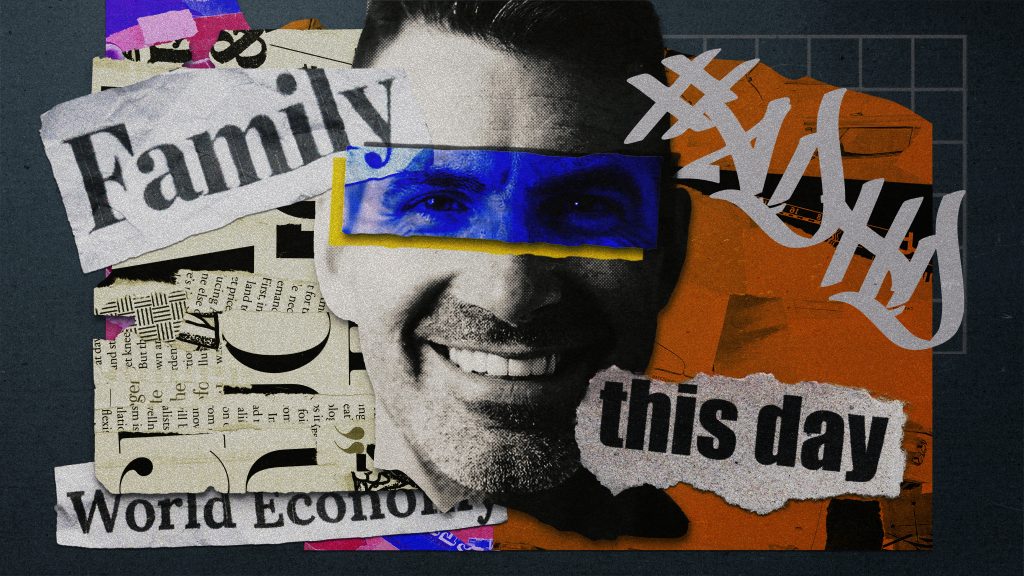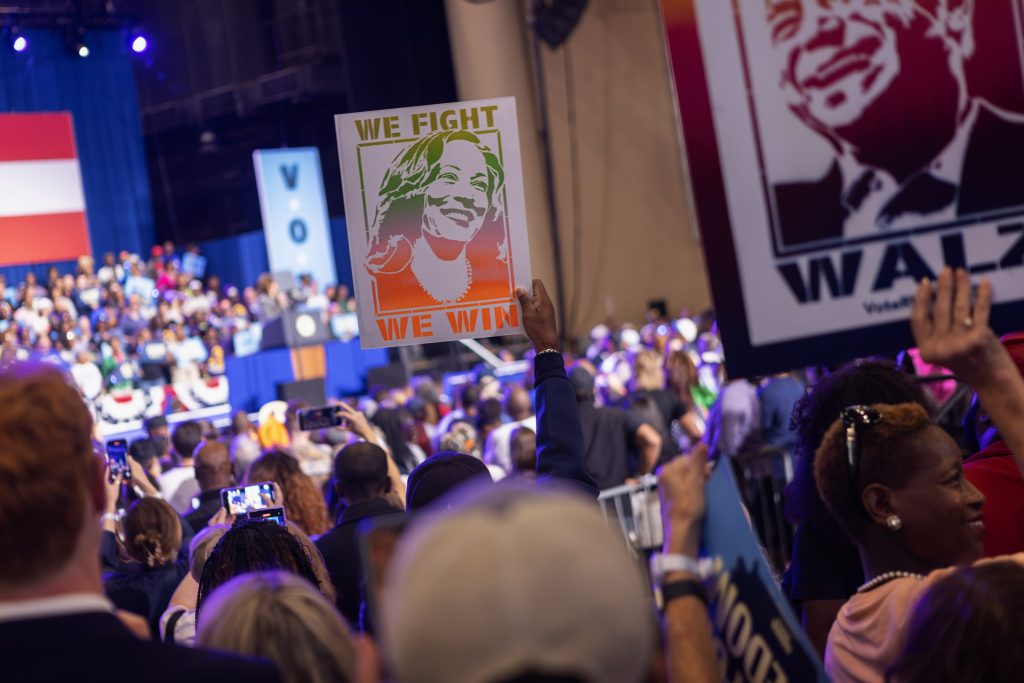“War changes a person in ways that are hard to put into words. Coming home changes you even more.”
When Mark Holley reached out, it wasn’t just a casual invitation—it was a lifeline. Since leaving the Marine Corps in 2012, I’d been navigating a world that felt foreign. The routines, the small talk—it all seemed insignificant compared to the weight of responsibility we’d carried. Mark knew that weight well. As a former PMO NCO—the backbone of military police—he was the guy we’d tease about giving us a hard time at the gate. But beneath the ribbing was a respect forged in shared sacrifice.
“Got an event at Bill’s Gun Range on the 12th,” he said. “Could use your eye and your perspective. It’ll be like old times.”
I didn’t hesitate. “Count me in.”

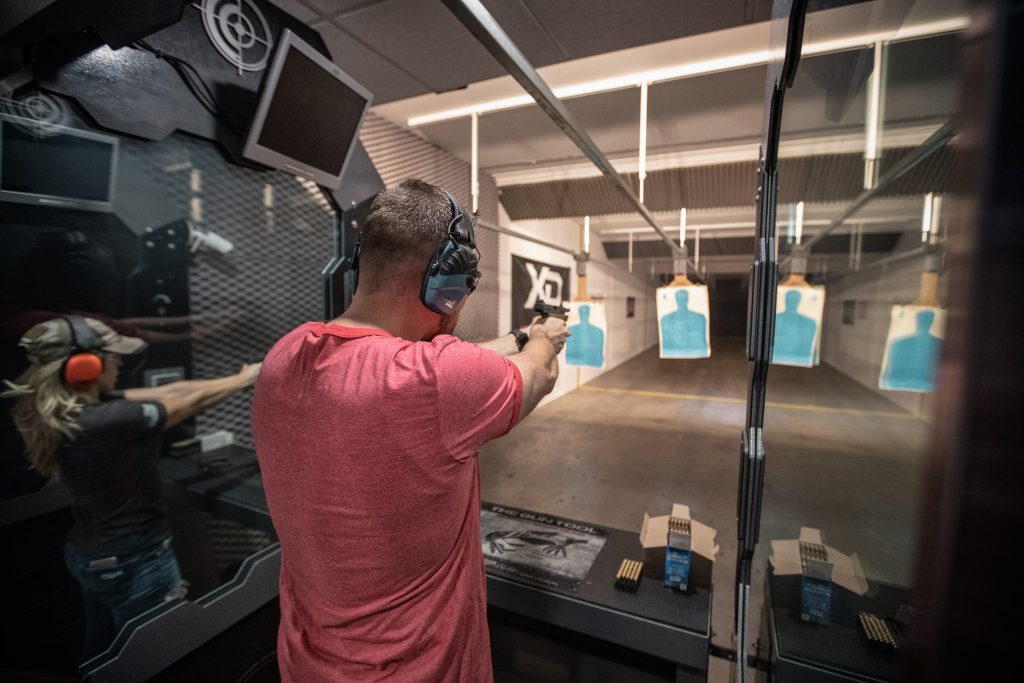
August 12, 2018. The morning air was crisp, the kind that wakes you up and makes you feel alive. Bill’s Gun Range in Osseo, Minnesota, was buzzing with familiar energy. The scent of gunpowder mixed with pine, stirring memories long tucked away.
Mark kicked things off with a safety brief—just like old times. We went over the four safety rules, but there was a lightness to it, a shared joke in the way he delivered it. It felt like we were back on the pistol range, like the echo of old commands over the PA system telling us, “Ready on the left… Ready on the right… you may commence fire when your tarrrrrrrrrrrrrgets appear”. That familiar cadence, the camaraderie, the subtle nods—it all brought us back to a time when our actions felt significant.
We moved on to firing drills, but not the standard kind. Downrange, close to the targets, we each took turns shooting through a wooden obstacle, practicing in 180 degrees of direction. Mark gave personal instruction to each of us, ensuring our positions were solid, our shots true, and that safety remained paramount. It wasn’t just about hitting the target; it was about reconnecting with a part of ourselves we thought we’d lost.
While one person was up front, the rest of us hung back, swapping stories and laughter. We made fun of everyone—especially the Air Force—since there were no Coast Guard folks around, and the Space Force hadn’t been invented yet. If there had been someone from the Space Force, we’d have probably joked about them pulling out a laser. It was that familiar banter, the kind that only comes from shared experiences and mutual respect.
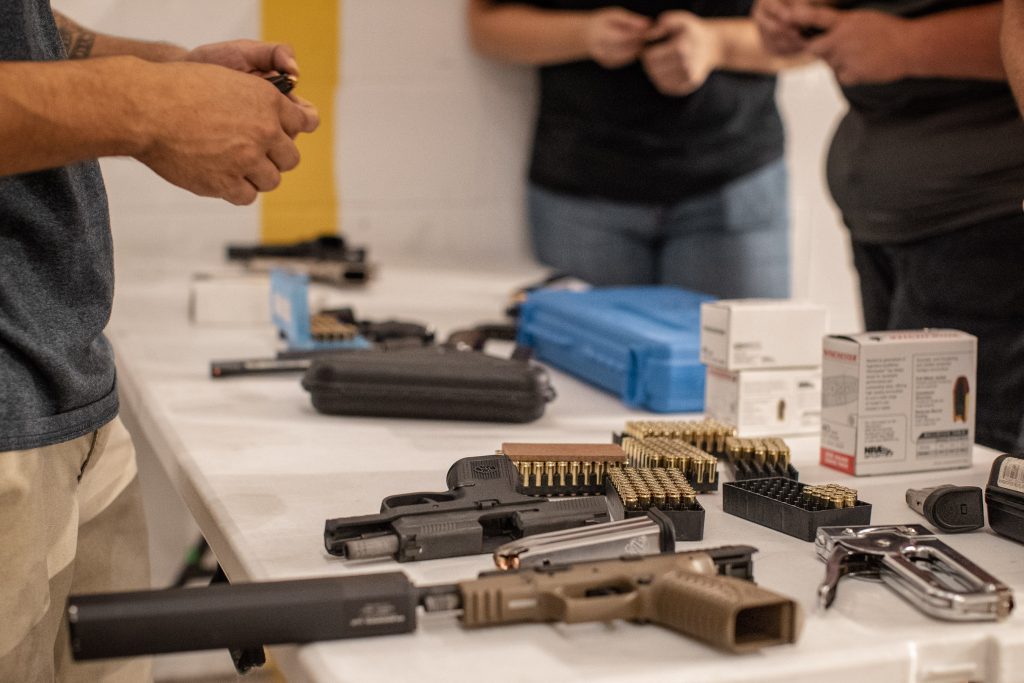
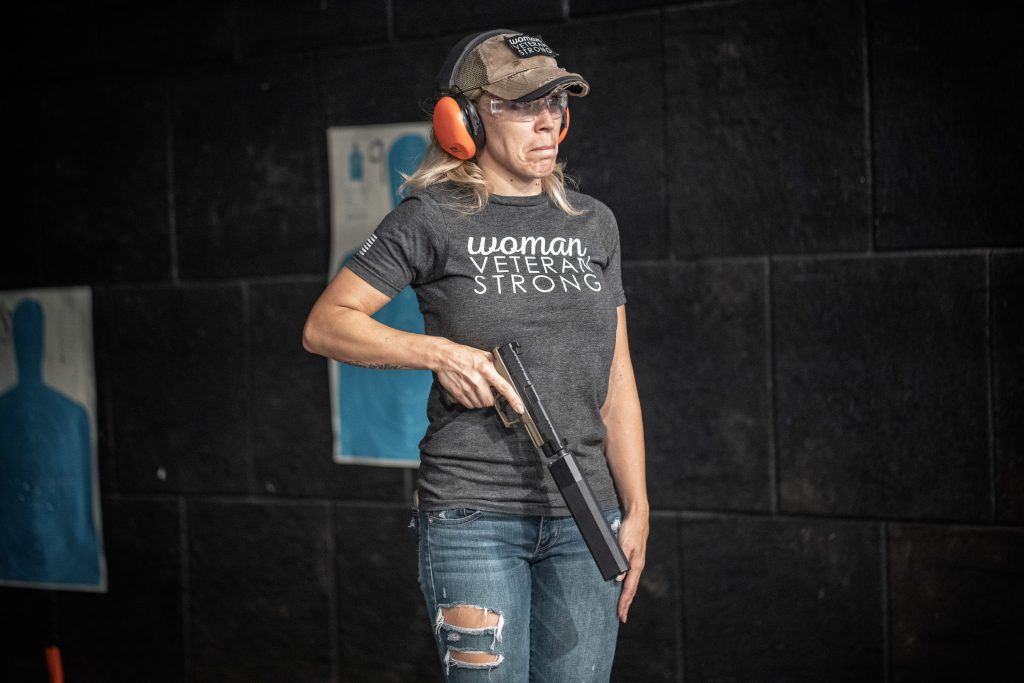
But beneath the jokes and the ribbing, something deeper was happening. We were sharing pieces of ourselves—the good times, the bad times, the moments that had shaped us. These were the trauma bonds the military is so adept at forging. We didn’t need to spell it out; we all just understood.
We watched as others handled firearms of every kind, trying unorthodox firing positions, wrestling with handguns sporting oversized suppressors. Each recoil was a release, each spent shell casing like a piece of emotional baggage hitting the ground. Mark and I exchanged a glance—a silent acknowledgment that this was more than target practice. It was therapy without the couch.
Leaving the Corps felt like shedding a skin only to find the new one didn’t fit. The brotherhood, the purpose, the code—it all seemed to vanish the day we hung up our uniforms. Civilians don’t get it. How could they? They’ve never stood in a desert half a world away, making decisions where a split second could mean life or death for the person next to you. They don’t see the ghosts that follow us home.
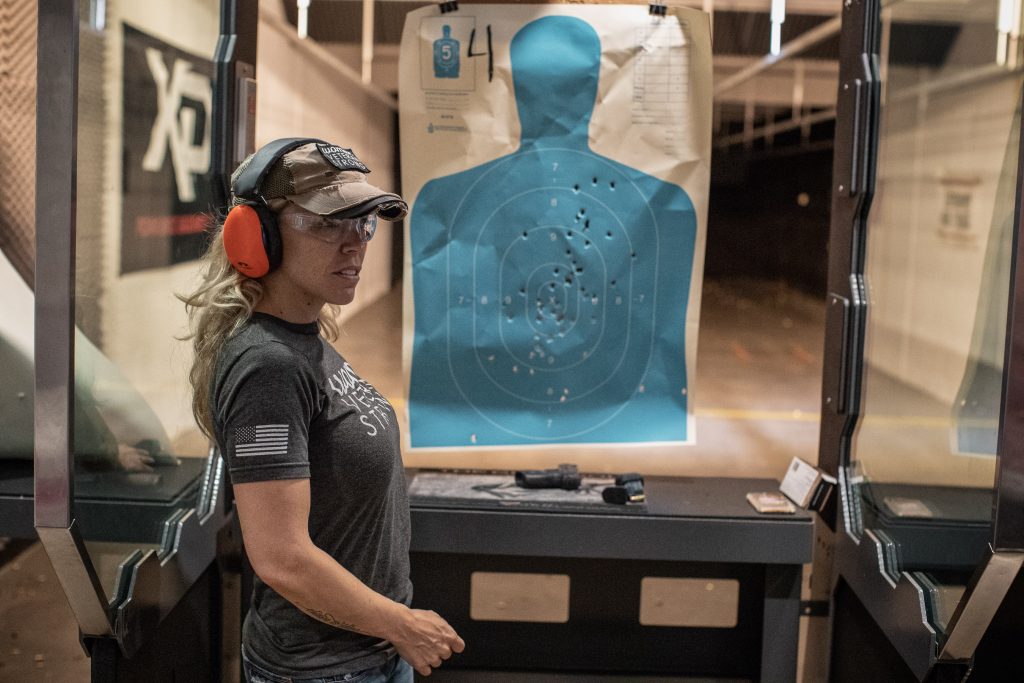
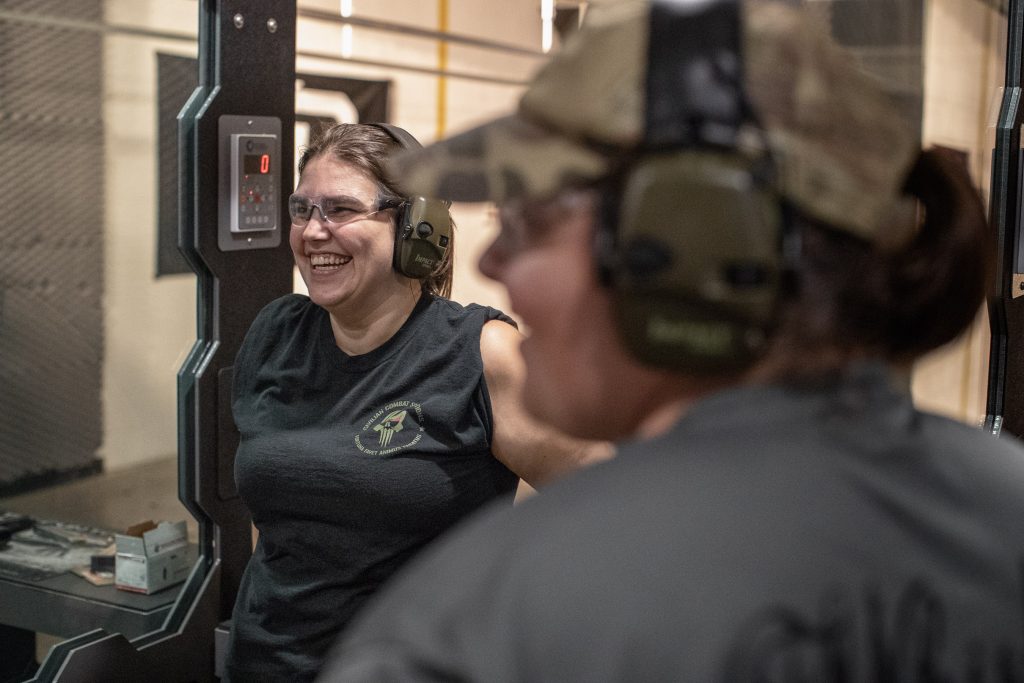
As the day wore on, it became clear that this gathering wasn’t really about the shooting or the guns. It was about reconnecting with a part of our identity that civilian life often overlooks. We’d been molded by experiences that few others could comprehend. We’d carried responsibilities that would be crushing to most. And when those weights were lifted after leaving the service, the sudden lightness was disorienting, even oppressive.
Standing there, watching others take their turn, I realized that our real failure had been thinking we could seamlessly reintegrate into civilian culture. The truth is, we’d been changed irrevocably. But here, among brothers and sisters who understood without words, we found a space where that was okay.
We could see it in each other’s eyes—the unspoken scars, the weight behind casual answers like “I’m fine” when someone asks how we’re doing. In this place, we didn’t have to hide behind masks. We could just be.
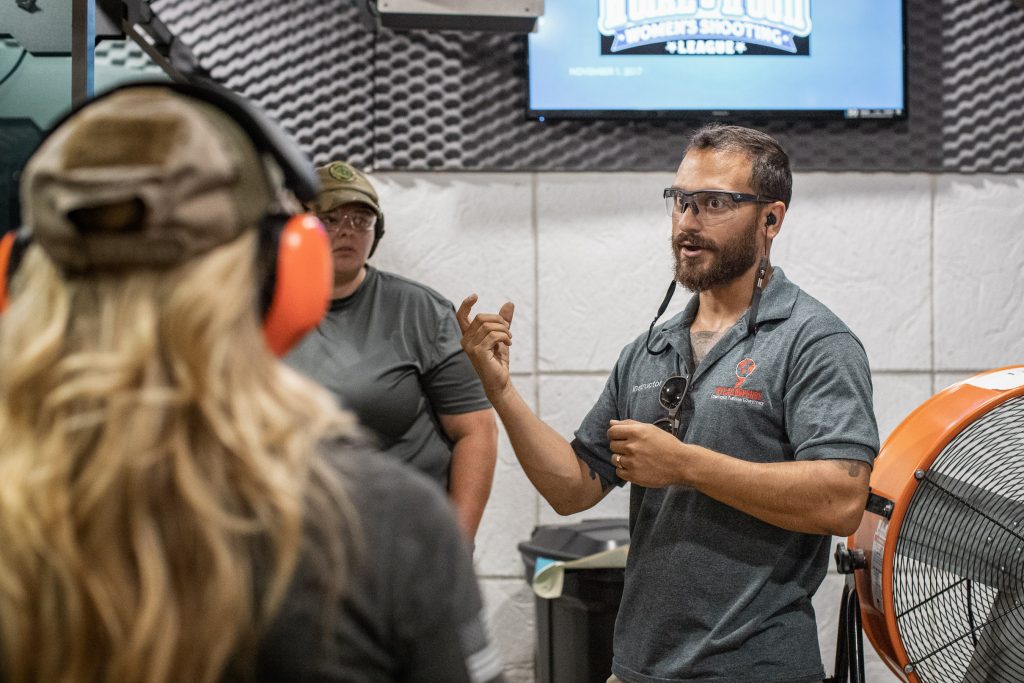
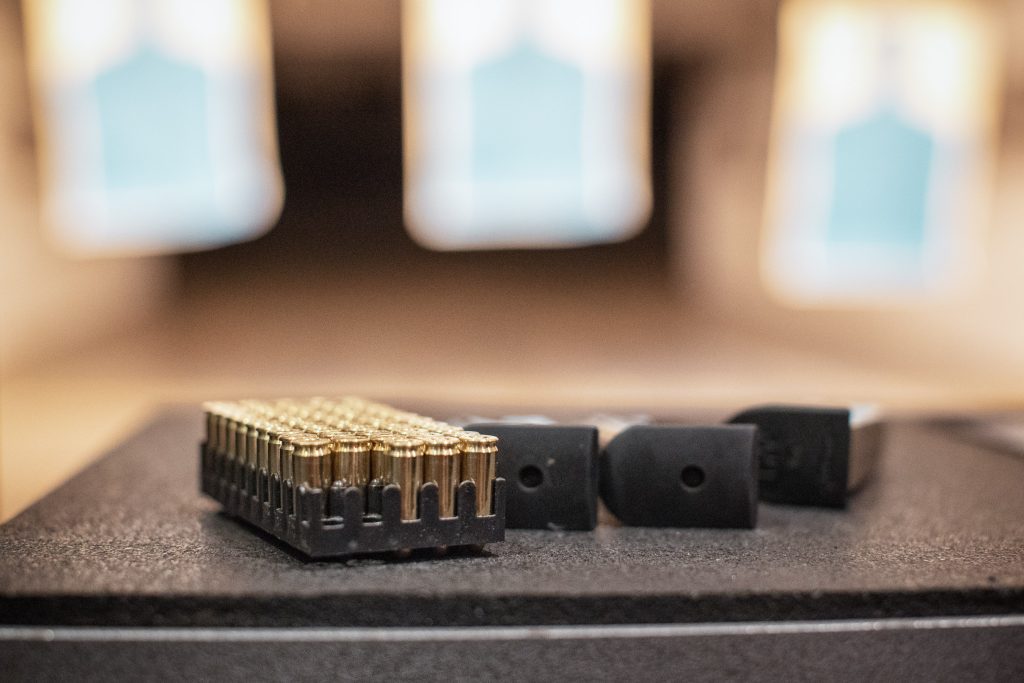
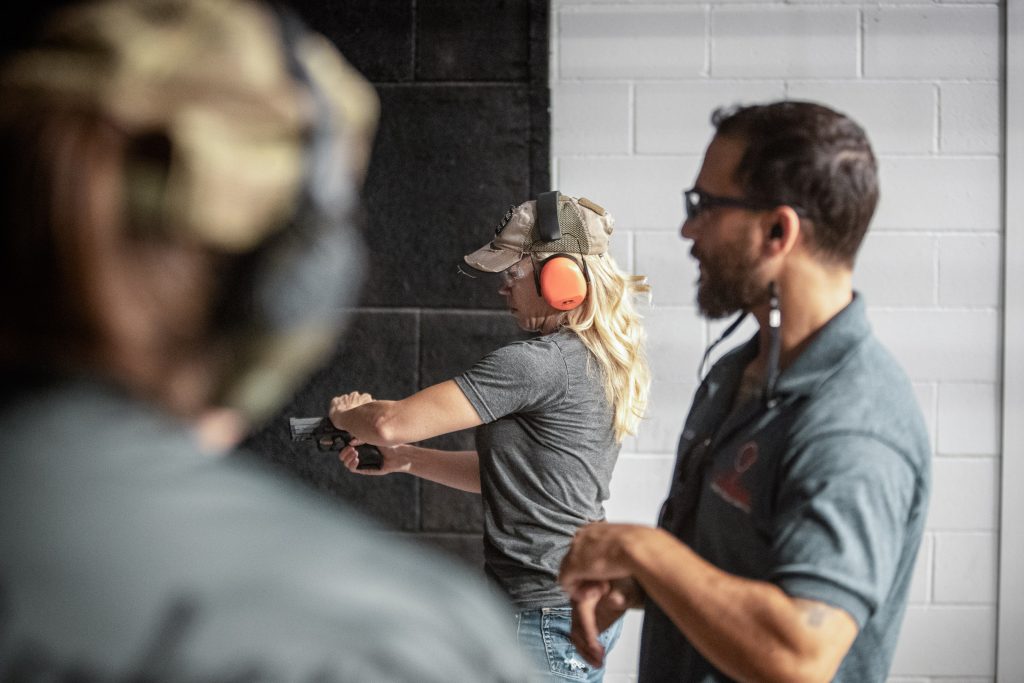
Packing up as the sun dipped low, there was a sense of wholeness I hadn’t felt in years. Mark walked over, a knowing look in his eyes.
“Good to have you back out here,” he said, clapping a hand on my shoulder.
“Feels like coming home,” I replied.
To any veteran reading this, know that you’re not alone. The brotherhood doesn’t end when the uniform comes off. We’ve all grappled with the weight of expectations and the void that can follow service. But there’s strength in our shared experiences, in the unspoken understanding that passes between us.
Brass Bonds is more than an organization; it’s a reminder that while we might have left the military, the values, the camaraderie, and the sense of purpose remain within us. We may not wear the ranks on our collars anymore, but we’re still here—ready to support each other in ways only we can.
If you’ve felt that disconnect, that lingering sense of something missing, consider reaching out. Join us at Brass Bonds. Connect with Mark Holley in the Twin Cities or Justin Tyler in Southern California. Because sometimes, the heaviest weights are the ones we can’t see—and together, they’re easier to bear.


